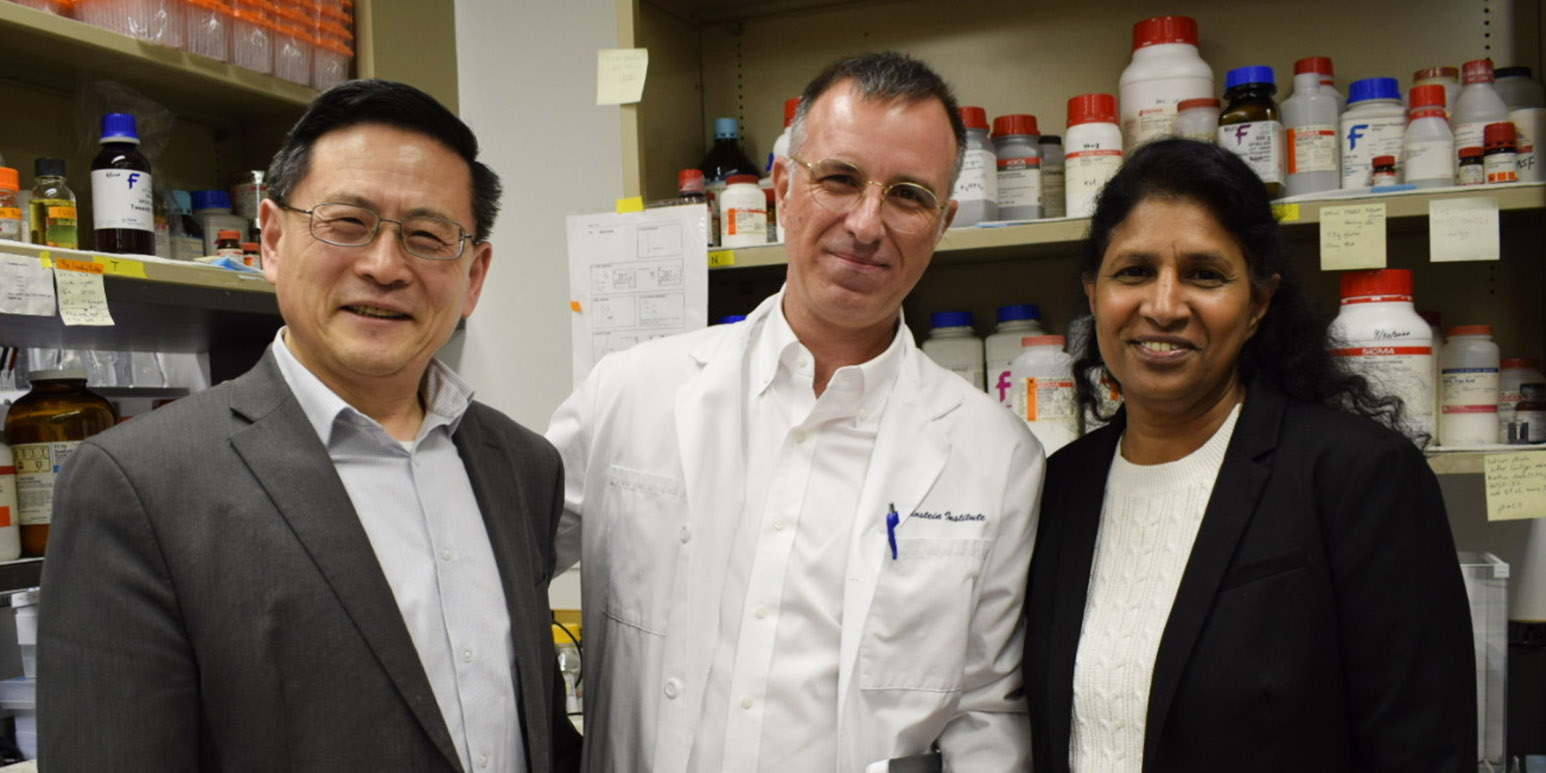Feinstein Institutes to research novel radiation countermeasure

The Feinstein Institutes for Medical Research, home of the research institutes of New York’s Northwell Health, announced it has received a five-year, $2.9 million grant from the National Institutes of Health to investigate the potential of human ghrelin, a naturally occurring hormone, as a medical countermeasure against radiation-induced gastrointestinal syndrome (GI-ARS).

